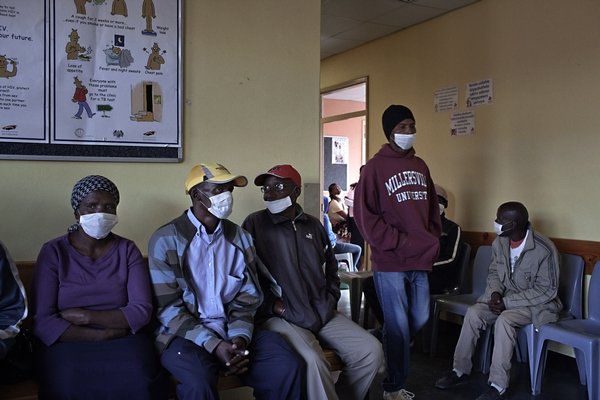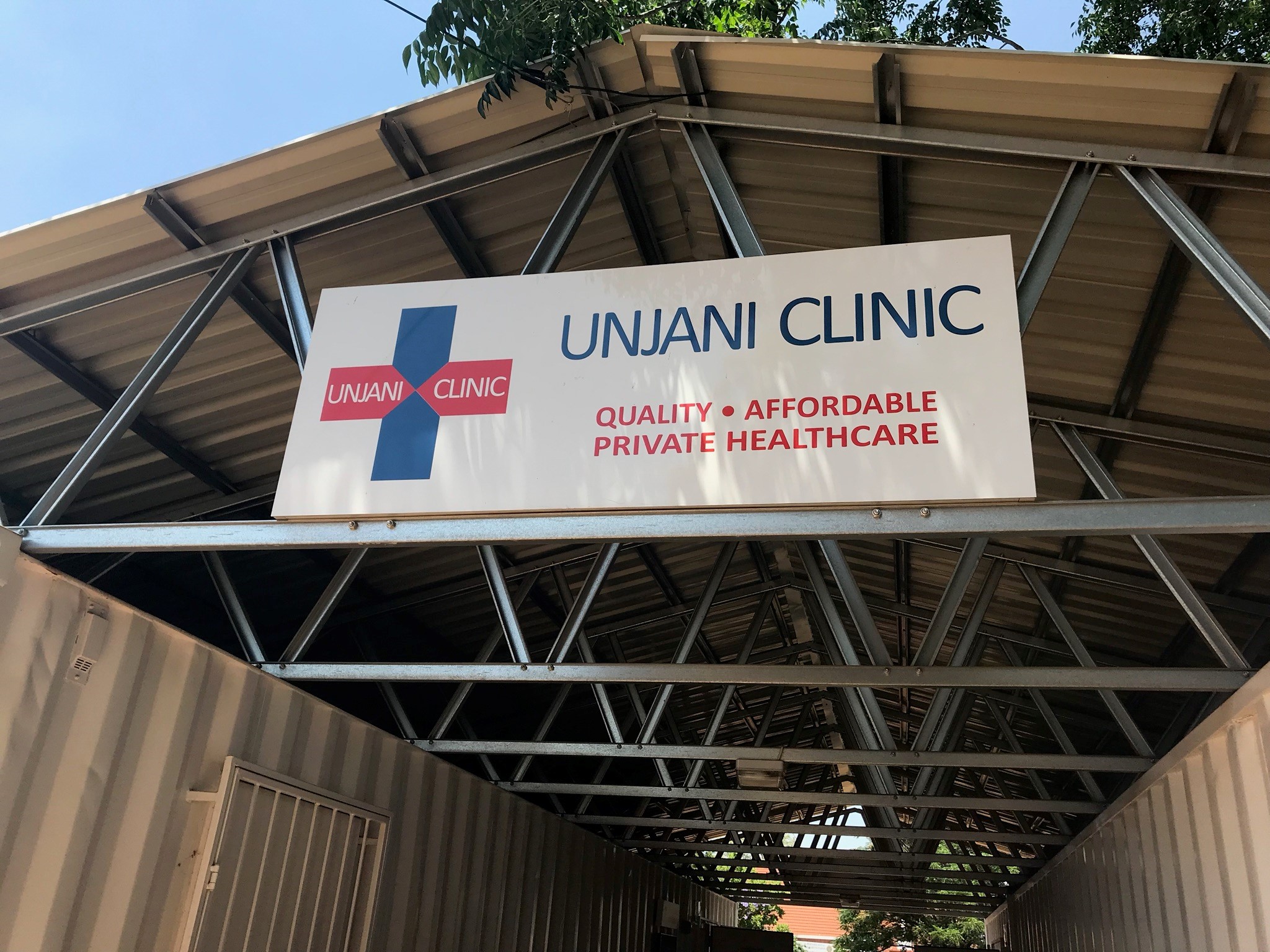
In either case the cycle of impunity in cases of sexual violence will continue.īecause medico-legal examination is a specialized task and because the whole experience of reporting to the police and being examined by a medico-legal practitioner can be an intimidating experience, it is essential that those who carry out this work have specialized training.

39 If, on the other hand, a medical examination is carried out by a doctor who is untrained, inexperienced, or biased against the patient - or if there is no examination at all because there are no medico-legal services accessible to the assault survivor - the consequence may be that the prosecution drops the case or, where the stories of perpetrator and complainant are simply compared in court, that a perpetrator is wrongfully acquitted for lack of corroboration of the victim's story. If survivors of sexual assault are examined by specially trained doctors, who have experience in the field and are aware of what would assist the judiciary in reaching a decision, the chances of a conviction are substantially improved.

Prejudice and lack of expertise among the doctors carrying out medical examinations for legal purposes are just as detrimental to a woman's case as prejudice and lack of expertise among the police or court officials.Ī thorough and well-recorded medical examination can provide much circumstantial evidence to support a rape survivor's story, by noting injuries ranging from obvious scratches and tears, to small and easily missed abrasions indicating that sexual intercourse took place without lubrication. Medical evidence cannot prove that there was no consent - states of mind leave no physical record - but it can be strongly suggestive that intercourse was the result of assault and not agreement.

Often, the medical evidence will be the only corroboration of the complainant's case, confirming not only the fact that sexual contact or intercourse took place, and with a particular individual, but also that such contact took place without the complainant's consent. Medical evidence is central to the successful prosecution of a sexual assault case.


 0 kommentar(er)
0 kommentar(er)
